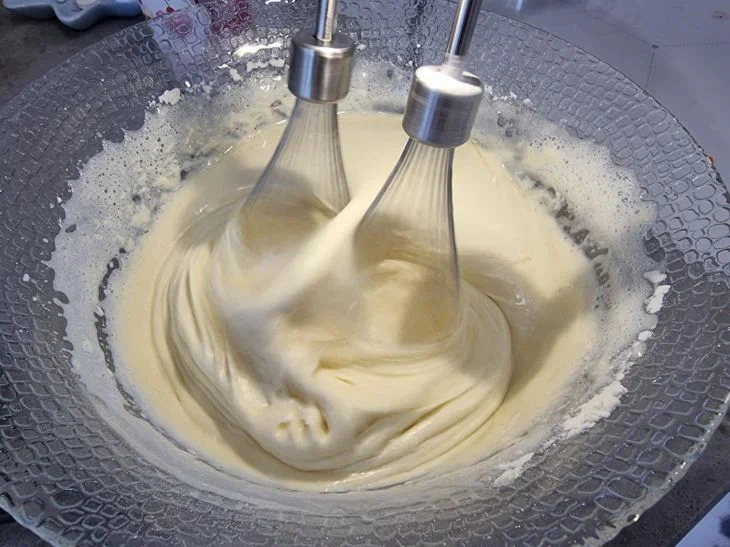What Happens If You Eat Raw Dough: Even a Small Piece Can Cause Illness
If you ever decided to taste raw dough and nothing happened to you, thank fate, you are very lucky.
Why raw dough is dangerous
Dough that has not been heat treated is an ideal environment for bacteria to grow.
For example, flour may contain Escherichia coli (E. coli), some strains of which can cause severe poisoning, and eggs are sometimes sources of salmonella, which also causes poisoning.
What can happen if you eat raw dough
If you are lucky enough to try the dough and it is bacteria-free, you can breathe a sigh of relief – nothing will happen.
If the flour or eggs (or both) were contaminated, you could get sick. You just might not know it right away.

The incubation period for E. coli infections is 3 to 8 days, while salmonellosis can manifest itself in as little as 6 hours or as long as 6 days.
Symptoms of these diseases are similar and include abdominal cramps, diarrhea, blood in the stool (hemorrhagic colitis), fever, and vomiting.
Recovery usually occurs within 10 days, but there have been cases where patients infected with E. coli (STEC) developed hemolytic uremic syndrome.
This condition causes a decrease in the level of platelets in the blood, hemolytic anemia, and acute kidney damage. The result can be stroke and coma, chronic kidney disease, and acute renal failure.
Those at risk include the elderly and children.
For reference
Atypical hemolytic uremic syndrome (aHUS) is a rare, life-threatening systemic disease with a poor prognosis.
